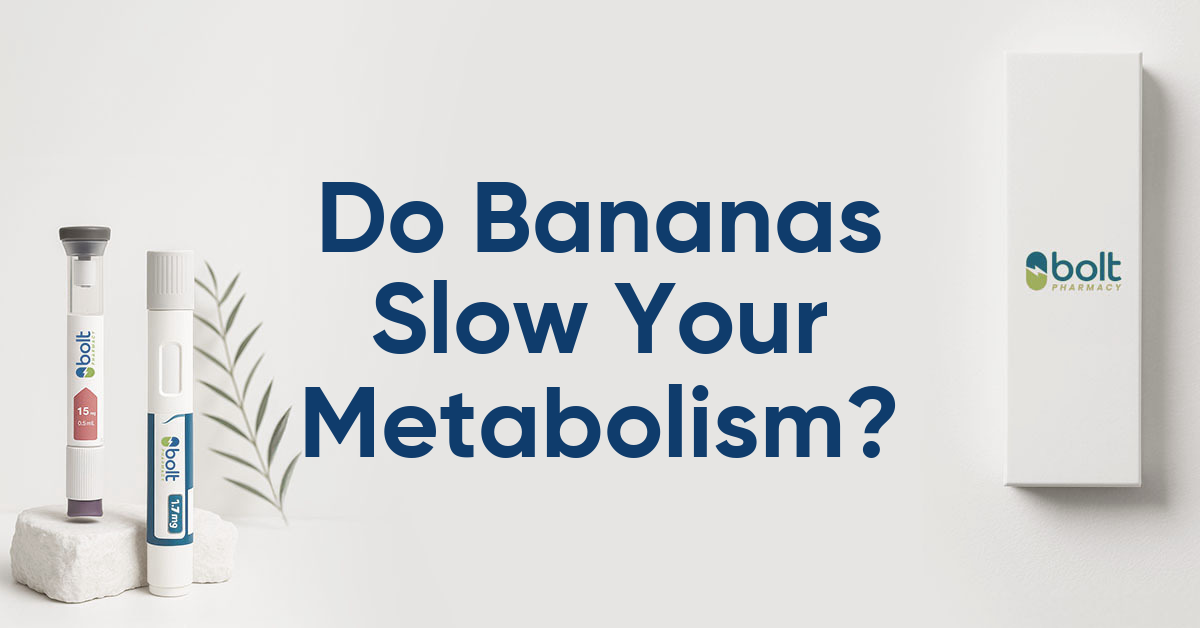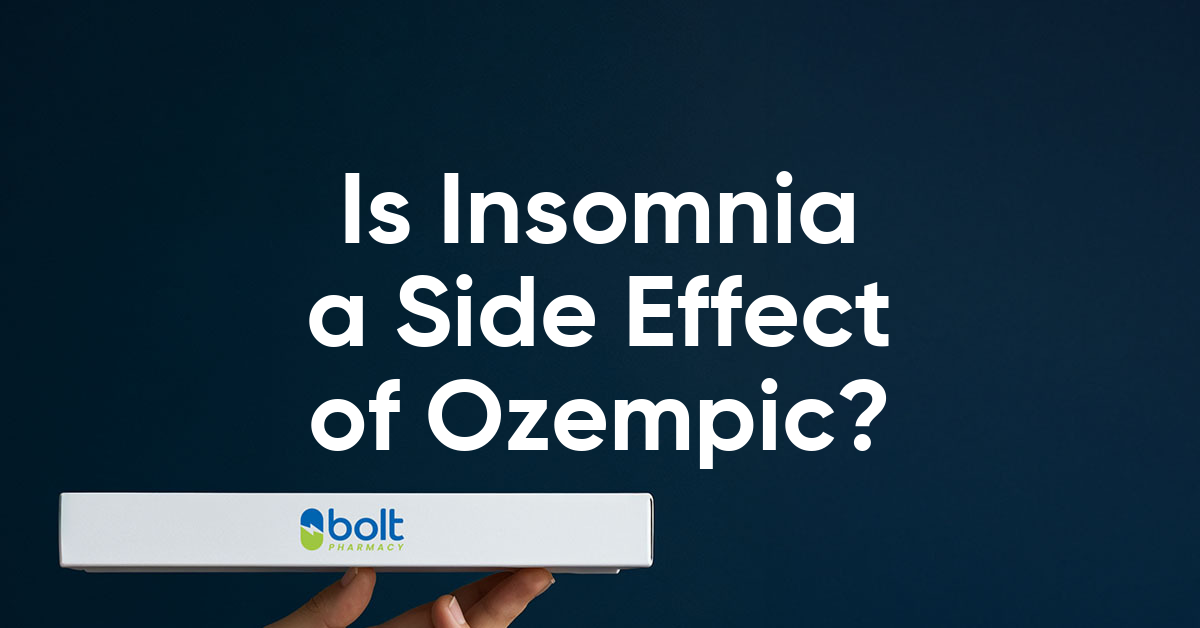Do bananas slow metabolism? This common dietary concern lacks scientific foundation. No credible evidence demonstrates that bananas impair metabolic function. Metabolism encompasses the biochemical processes converting food into energy, influenced primarily by age, body composition, genetics, and activity levels—not individual foods. Bananas are nutrient-dense fruits providing natural sugars, dietary fibre, potassium, and B vitamins that support normal physiological processes. When consumed as part of a balanced diet aligned with the NHS Eatwell Guide, bananas contribute positively to nutritional intake without negatively affecting metabolic rate. Understanding the evidence helps dispel persistent myths about this accessible, convenient fruit.
Summary: No scientific evidence supports the claim that bananas slow metabolism; they are nutrient-dense fruits that support normal metabolic function when consumed as part of a balanced diet.
- Basal metabolic rate is determined by age, sex, body composition, genetics, and activity levels, not individual foods like bananas.
- A medium banana provides approximately 105 kcal, 27g carbohydrates, 3g fibre, and 422mg potassium, supporting energy metabolism and cellular function.
- The glycaemic index of bananas ranges from 42-62 depending on ripeness, with fibre content moderating blood glucose responses.
- People with chronic kidney disease or taking potassium-affecting medications should consult their GP before significantly increasing banana intake.
- NHS Eatwell Guide includes bananas as part of the recommended five daily portions of fruit and vegetables for balanced nutrition.
Table of Contents
Do Bananas Slow Metabolism? Understanding the Evidence
There is no scientific evidence that bananas slow metabolism. This common misconception likely stems from confusion about carbohydrate metabolism and outdated dietary myths. Metabolism refers to the complex biochemical processes by which your body converts food into energy, and no single food has been demonstrated to significantly impair this fundamental physiological function.
Bananas are a nutrient-dense fruit containing natural sugars (primarily glucose, fructose, and sucrose), dietary fibre, and essential micronutrients. The body metabolises these carbohydrates through normal digestive processes, with the fibre content actually helping to moderate blood glucose responses. Research consistently shows that whole fruits, including bananas, do not negatively impact metabolic rate when consumed as part of a balanced diet aligned with the NHS Eatwell Guide.
The concept of 'metabolic slowing' from specific foods is not supported by current evidence-based medicine. Basal metabolic rate (BMR) is primarily determined by factors such as age, sex, body composition, genetics, and physical activity levels. While certain medical conditions (such as thyroid disorders) and severe caloric restriction can affect metabolic rate, eating bananas within a normal dietary pattern does not trigger this mechanism.
If you have concerns about metabolism, weight management, or dietary choices affecting your health, it is advisable to consult your GP or request a referral to a registered dietitian. They can provide personalised advice based on your individual health status, medical history, and nutritional requirements. The NHS provides evidence-based dietary guidance through resources like the NHS Eatwell Guide and weight management services.

Nutritional Content of Bananas and Metabolic Function
A medium banana (approximately 120g) provides around 105 kcal (calories), predominantly from carbohydrates (27g), with minimal fat (0.3g) and modest protein (1.3g). The carbohydrate content includes approximately 3g of dietary fibre and 14g of naturally occurring sugars. This nutritional profile makes bananas an accessible source of quick energy, particularly valued by athletes and active individuals.
Bananas are notably rich in potassium (approximately 422mg per medium fruit), an essential mineral that supports normal muscle function, nerve transmission, and cardiovascular health. They also provide vitamin B6 (pyridoxine), which plays a crucial role in protein metabolism and the synthesis of neurotransmitters. Additionally, bananas contain vitamin C, magnesium, and various bioactive compounds including dopamine and catechins, which have antioxidant properties in the context of food composition.
The glycaemic index (GI) of bananas varies with ripeness, ranging from approximately 42-62, which is considered low to medium. Less ripe bananas contain more resistant starch, a type of carbohydrate that resists digestion in the small intestine and functions similarly to dietary fibre. As bananas ripen, this resistant starch converts to simple sugars, increasing the GI. The presence of fibre helps moderate the glycaemic response, preventing rapid blood glucose spikes that might occur with refined carbohydrates. For people with diabetes, portion size and overall carbohydrate intake are more important considerations than GI alone.
From a metabolic perspective, the nutrients in bananas support rather than impair normal physiological function. Potassium contributes to cellular metabolism, whilst B vitamins serve as cofactors in energy-producing biochemical pathways. The fibre content promotes satiety and supports digestive health, both of which are beneficial for weight management when bananas are consumed as part of a varied, balanced diet as recommended in the NHS Eatwell Guide.
Common Myths About Bananas and Weight Management
Myth 1: Bananas cause weight gain. Weight management fundamentally depends on overall energy balance—the relationship between calories consumed and calories expended. No single food causes weight gain in isolation. Bananas can be part of a calorie-controlled diet, and their fibre content may actually enhance satiety, potentially reducing overall calorie intake. The NHS Eatwell Guide includes fruits like bananas as part of the recommended five portions of fruit and vegetables daily.
Myth 2: The sugar in bananas is 'bad' or equivalent to refined sugar. Whilst bananas contain natural sugars, they are packaged with fibre, vitamins, minerals, and phytonutrients that refined sugars lack. The metabolic response to whole fruit differs significantly from that of added sugars or sugar-sweetened beverages. The Scientific Advisory Committee on Nutrition (SACN) distinguishes between intrinsic sugars (naturally present in whole fruits) and free sugars (added to foods or released from cellular structures), with dietary recommendations focused on limiting the latter.
Myth 3: Eating bananas at certain times 'slows metabolism'. There is no evidence linking the timing of banana consumption and metabolic rate. Meal timing may influence appetite and energy levels in some individuals, but it does not fundamentally alter metabolic function. The body continuously metabolises nutrients regardless of when they are consumed.
Myth 4: Bananas should be avoided on weight-loss diets. Restrictive approaches that eliminate entire food groups or specific nutritious foods are generally not sustainable or necessary for healthy weight management. Evidence-based weight management, as outlined in NICE guidance (CG189), emphasises balanced, varied diets with appropriate portion control rather than arbitrary food exclusions. Bananas provide valuable nutrients and can support adherence to healthy eating patterns when consumed in appropriate portions.
When to Include Bananas in a Healthy UK Diet
Bananas are appropriate for most individuals as part of a balanced diet aligned with the NHS Eatwell Guide. They are particularly convenient as a portable snack, requiring no preparation or refrigeration. For active individuals, bananas provide readily available carbohydrates that can support energy needs before, during, or after physical activity. The potassium content may help prevent exercise-associated muscle cramps, though evidence for this specific benefit remains inconclusive.
For individuals managing diabetes or pre-diabetes (non-diabetic hyperglycaemia), bananas can be included but should be considered within overall carbohydrate intake. Pairing a banana with a source of protein or healthy fat (such as nuts or yoghurt) can help moderate the glycaemic response. Monitoring portion sizes and individual blood glucose responses is more important than focusing solely on ripeness. Diabetes UK confirms that people with diabetes can eat fruit, including bananas, as part of a healthy diet, whilst being mindful of portion sizes.
Certain medical conditions may require modified banana intake. Individuals with chronic kidney disease (CKD) may need to limit potassium intake, and bananas are relatively high in this mineral. If you have CKD or are on medications that affect potassium levels (such as ACE inhibitors, angiotensin receptor blockers, potassium-sparing diuretics like spironolactone, or medications such as trimethoprim), consult your GP or renal dietitian before significantly increasing banana consumption.
Practical inclusion strategies include adding sliced banana to porridge or wholegrain cereal, blending into smoothies with vegetables and protein sources, or enjoying as a mid-morning or afternoon snack. A typical portion is one medium banana (counting as one of your five-a-day). If you experience persistent digestive discomfort, unexplained weight changes, increased thirst/urination, blurred vision, or symptoms like palpitations, tremor or heat intolerance, contact your GP for assessment and potential referral to specialist services.
Frequently Asked Questions
Can eating bananas cause weight gain?
No single food causes weight gain in isolation. Weight management depends on overall energy balance between calories consumed and expended. Bananas can be part of a calorie-controlled diet, and their fibre content may enhance satiety, potentially supporting weight management when consumed as part of a balanced diet.
Are bananas suitable for people with diabetes?
Yes, people with diabetes can include bananas as part of a healthy diet whilst being mindful of portion sizes and overall carbohydrate intake. Pairing bananas with protein or healthy fats can help moderate glycaemic response, and monitoring individual blood glucose levels is recommended.
Who should limit banana consumption?
Individuals with chronic kidney disease or those taking medications affecting potassium levels (such as ACE inhibitors, angiotensin receptor blockers, or potassium-sparing diuretics) should consult their GP or renal dietitian before significantly increasing banana intake due to the fruit's relatively high potassium content.
The health-related content published on this site is based on credible scientific sources and is periodically reviewed to ensure accuracy and relevance. Although we aim to reflect the most current medical knowledge, the material is meant for general education and awareness only.
The information on this site is not a substitute for professional medical advice. For any health concerns, please speak with a qualified medical professional. By using this information, you acknowledge responsibility for any decisions made and understand we are not liable for any consequences that may result.
Heading 1
Heading 2
Heading 3
Heading 4
Heading 5
Heading 6
Lorem ipsum dolor sit amet, consectetur adipiscing elit, sed do eiusmod tempor incididunt ut labore et dolore magna aliqua. Ut enim ad minim veniam, quis nostrud exercitation ullamco laboris nisi ut aliquip ex ea commodo consequat. Duis aute irure dolor in reprehenderit in voluptate velit esse cillum dolore eu fugiat nulla pariatur.
Block quote
Ordered list
- Item 1
- Item 2
- Item 3
Unordered list
- Item A
- Item B
- Item C
Bold text
Emphasis
Superscript
Subscript












